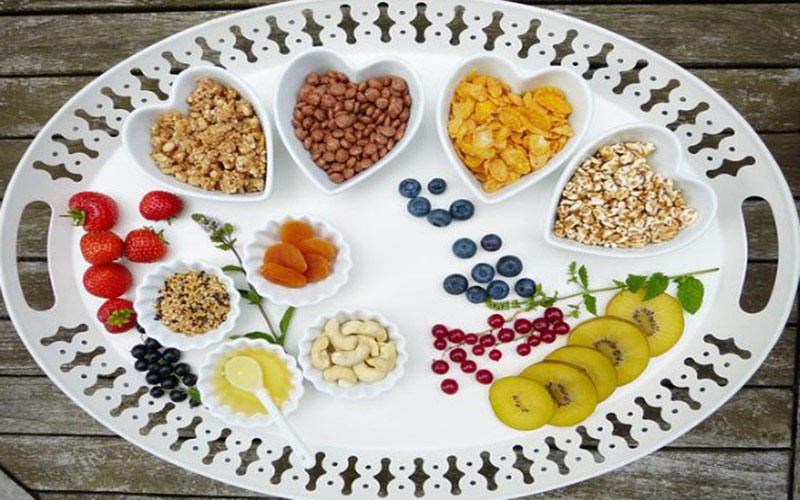Most people think of exercise as the best way to lose weight. While it helps, diet plays a significant role in your weight loss journey and overall health improvement. A healthy diet includes natural and unprocessed foods. When you replace the unhealthy foods in your diet with healthy ones, you’ll start losing weight while gaining other health benefits.

A healthy diet stresses plant-based meals, including fruits and vegetables, over animal-based options. It’s balanced, which offers your body all the minerals and nutrients required to function optimally. It has a lot of protein and less sugar and incorporates healthy fats. Below are five tips for losing weight and improving health.
Table of Contents
1. Track your macros
When starting your weight loss journey, it’s important to keep track of your macros, also called macronutrients. There are three nutrient categories that provide you with the most energy, carbohydrates, proteins, and fats. When counting macros, you’re tracking the carbs, fats, and proteins you’re consuming.
To stay on track with your macros, consider tracking the foods you eat in a whole week on your phone or in a notebook. This will help you make more informed, healthy food choices to lose stubborn fat and maintain lean muscle mass while keeping your body satisfied.
2. Don’t skip breakfast
Breakfast is the most important meal of the day because it helps kick-start your metabolism and burn calories all day. Eating breakfast promotes concentration and better memory and reduces the possibility of getting diabetes, being overweight, and having heart disease. Skipping breakfast means you could miss out on vital nutrients and end up snacking on unhealthy foods throughout the day.
3. Avoid refined carbs
Cutting back on starches and sugars or carbs is an excellent way to lose weight quickly. You can do so by sticking to a low-carb meal plan or reducing refined carbohydrates and using whole grains to replace them. This reduces your hunger levels and results in you eating fewer calories.
If you choose a low-carb meal plan, you’ll burn stored fat for energy, not carbs. If you pick more complex carbohydrates such as whole grains together with a calorie deficit, they’ll be digested more slowly, and you’ll gain from high fiber, making you feel satisfied for longer.
4. Consume more proteins, vegetables, and fats
Balancing your plate is an excellent way to lose weight. A balanced plate should include proteins, healthy fats, vegetables, and a tiny complex carbohydrate portion. Proteins help preserve your muscle mass and Health when losing weight. They also make you feel more satiated, reducing snacking and cravings. Leafy green vegetables are nutrient-rich, and you can eat large quantities without significantly increasing carbs and calories.
Healthy, unsaturated fats, including omega 3 and 6, positively impact satiety, helping you regulate appetite by controlling appetite hormone release. Adding foods like avocados, natural peanut butter, olive oil, and almonds to your diet can help you increase unsaturated fats intake.
5. Eat a lot of fiber
Dietary fiber includes plant-based carbs that can’t be digested in the small intestines. Adding fiber to your diet makes you feel more full, potentially resulting in weight loss. You can consume whole-grain breakfast bread, cereals, oats, rye, fruits and vegetables, nuts and seeds, beans, peas, and pulses.
Endnote
Your diet significantly impacts weight loss and overall health. Use these for dieting to lose weight and improve health.
Follow – https://lifefitnesstricks.com for More Updates